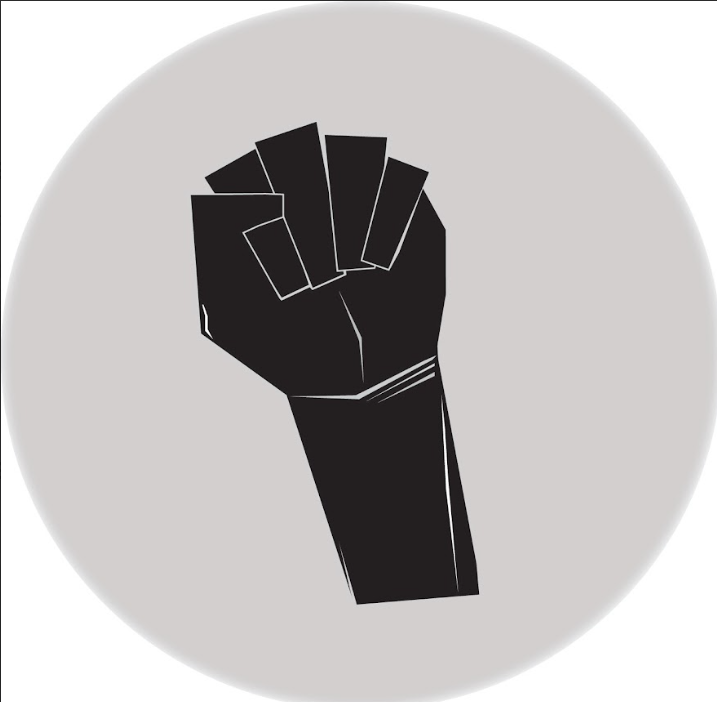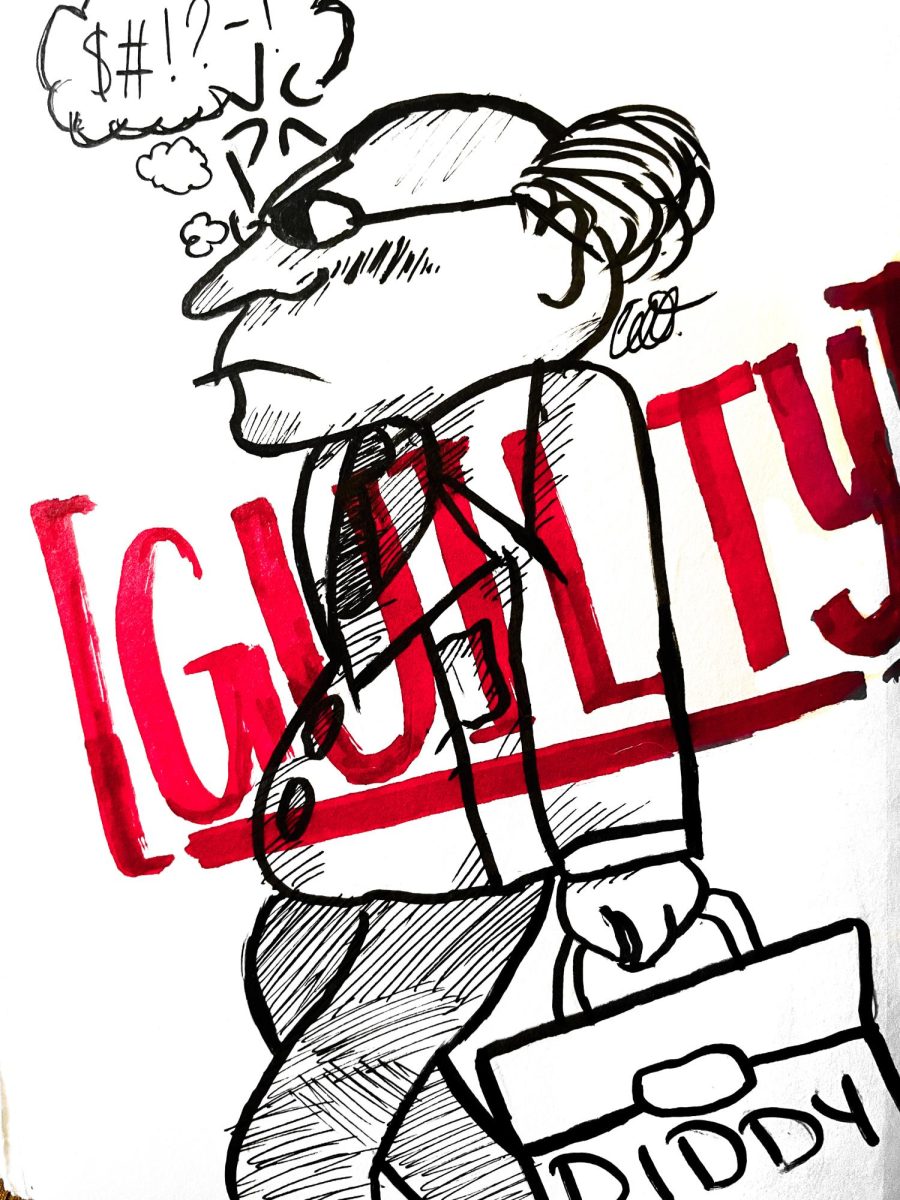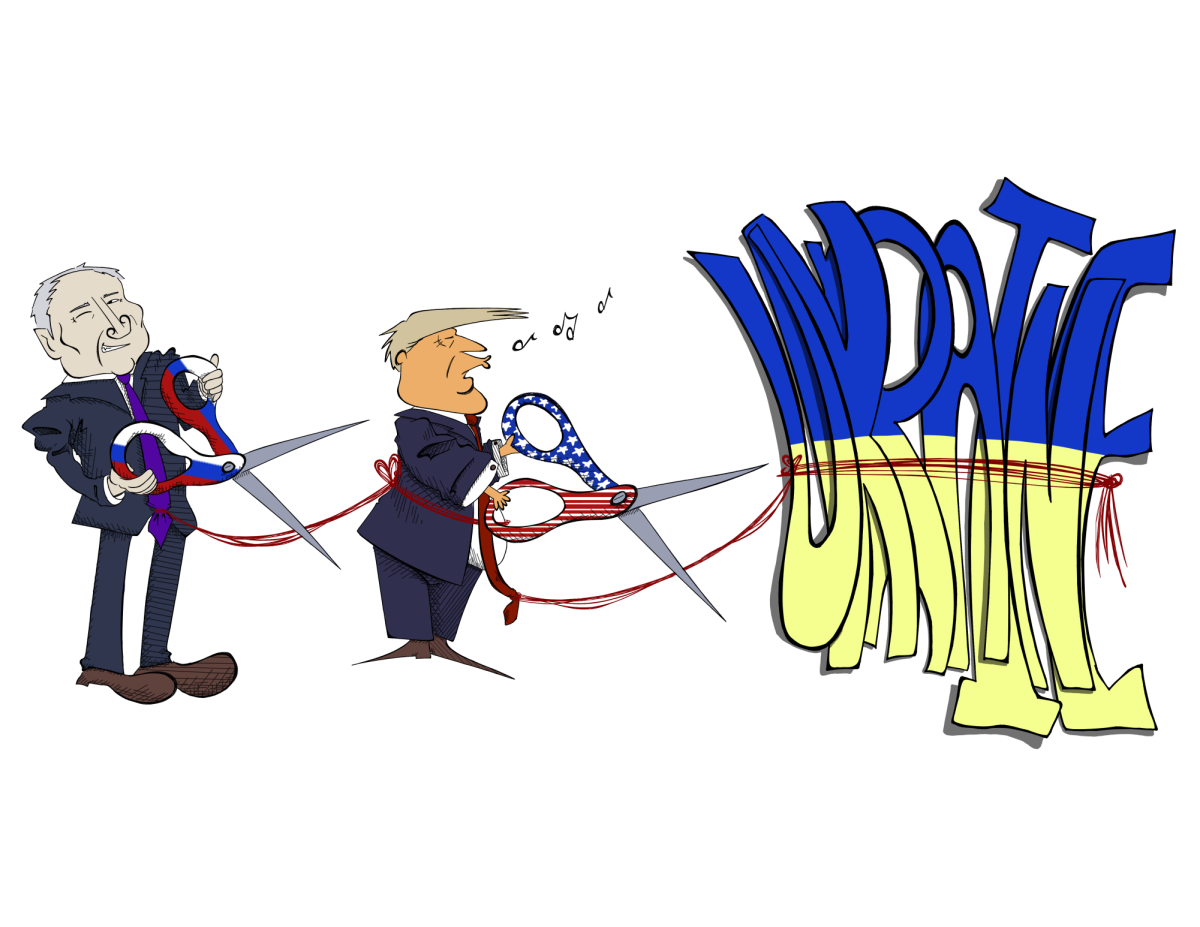Last week, Alabama’s Supreme Court ruled 7-2 in LePage et al. v. The Center for Reproductive Medicine and Mobile Infirmary Association that frozen embryos can be considered children under the state’s constitution, based on the right to life provision and for the purposes of the state’s Wrongful Death of a Minor Act, enacted back in 1872. Now that Roe v. Wade has gone away and frozen embryos are considered children, what is next?
A recent case that has caught less attention was a prison worker in Missouri who sued for “on-the-job discrimination,” which both the state and federal Supreme Courts declined to rule on. Chief Justice Samuel Alito, however, released a five-page briefing on the matter, criticizing the appellate court and saying: “In this case, the court below reasoned that a person who still holds traditional religious views on questions of sexual morality is presumptively unfit to serve on a jury in a case involving a party who is a lesbian,” they would continue their critique, with a rather gloomy statement: “That holding exemplifies the danger that I anticipated in Obergefell v. Hodges … namely, that Americans who do not hide their adherence to traditional religious beliefs about homosexual conduct will be ‘labeled as bigots and treated as such’ by the government.” The plaintiff ultimately won the case.
Actions conducted by the Supreme Court have a domino effect on the actions of lower judges. For example, a Trump-appointed judge in Texas made a controversial ruling on the abortion pill, mifepristone. This case is just one of many that demonstrates “judicial activism” wherein a person, a judge in particular, exercises their authority to further a belief, agenda or platform. In that same case, a judge appointed by Obama ruled in favor of the medication around the same time. These actions, such as the one in the aforementioned case, could grow exponentially, given the composition of the highest court in the country. Rights can be eroded and precedent will be removed. This is clear evidence that a common law legal system can lead to huge abuse.
Meanwhile, across the nation, months after Roe v. Wade was overturned, multiple active hot-topic cases are going through state supreme courts, including Wisconsin, Texas and California. Two major Alabama IVF facilities have already suspended services post-ruling. It is anticipated that the highly conservative U.S. Supreme Court, given the testimony of Justice Alito, could erode even more rights in the next five years, including same-sex marriage.
While Congress did enact the Defense of Marriage Act, it only mandates that states respect other states’ marriages as legal, which is arguably already mandated through the Full Faith and Credit Clause and the Interstate Commerce Clause, respectively, because the first one mandates “Full Faith and Credit shall be given in each State to the public Acts, Records, and judicial Proceedings of every other State.” This means that all documents issued that are legally valid by one state must be recognized in the other and that includes marriage licenses and drivers licenses. The second one mandates “[The Congress shall have Power] To regulate Commerce with foreign Nations, and among the several States, and with the Indian Tribes,” meaning that they must be respected when traveling between states and the federal government can mandate that it be respected on federal land.
Medicaid and Medicare could also be affected, with a case in Pennsylvania hearing of a 1982 law limiting the use of Medicaid dollars for abortions is constitutional. That could lead to an argument for more federal oversight over these programs, however, the reasons why that would be difficult were outlined in a recent opinion article at The Paisano.
What is next for America could look gloomy depending on how this year’s election goes. People have argued that the change in political leanings on the court is the cause for such rulings and fear. However, one can argue that the original rulings that we relied upon, such as Roe v. Wade, should never have happened. The only way to restore rights is by real action in Congress because there is no stopping the court, you can just be proactive or fix it thereafter.










